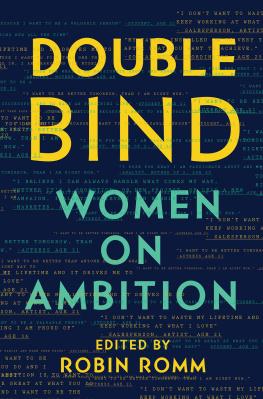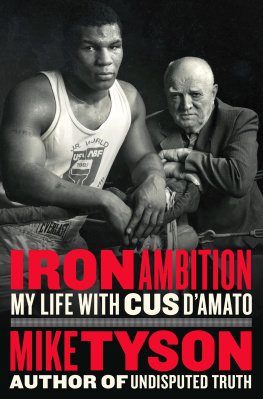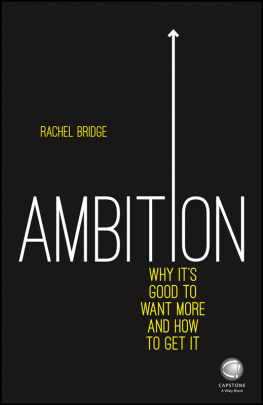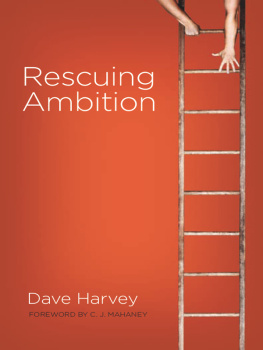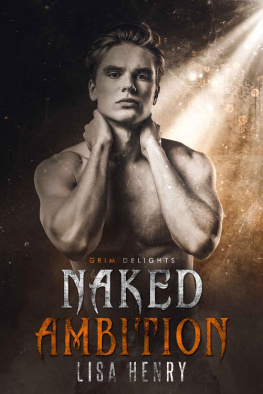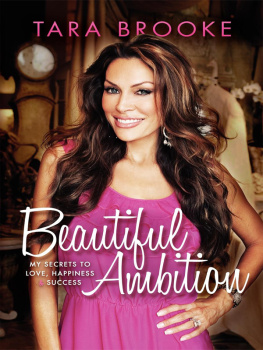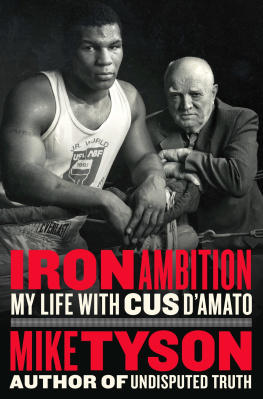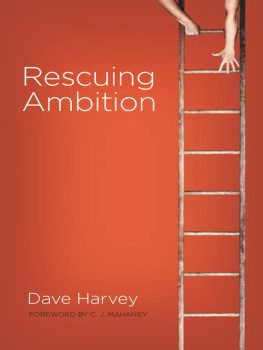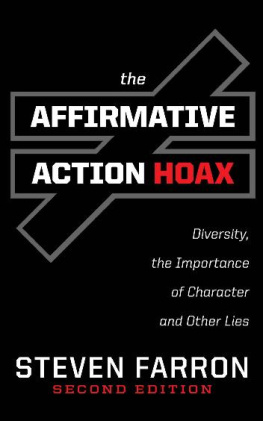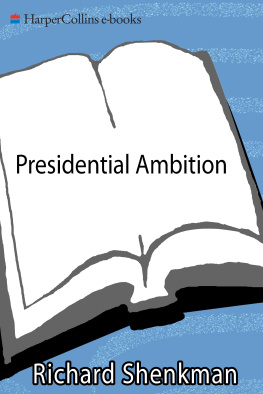Tim Farron offers a stark alternative to the self-help guidebooks that promote narratives of success and acquisition. Instead of living the dream, he speaks of personal failure; in place of self-aggrandizing spin, he is transparent and self-critical; and rather than blaming others, he takes responsibility. In the process, he presents a compelling case for the upside-down economics of the Christian gospel: that the first shall be last, and that we can live for a better ambition.
Martin Bashir, Religion Editor, BBC
This book is a challenge to the religious illiterate and liberal illiterate. If you are either, read this book at your peril but, whoever you are, you will find it refreshingly (at least for a politician) frank, humble, faithful and full of grace.
David Burrowes, former Conservative MP for Enfield Southgate
Tim Farron knows better than anyone the stresses and challenges of leading a party in the febrile politics of our time. But this is not a conventional political biography. It reveals, in frank and courageous detail, the acute conflict between political loyalty and religious commitment.
Sir Menzies Campbell, former Leader of the Liberal Democrats
Those who know Tim Farron personally will not be surprised by this book. They know his anger at injustice and his generosity of spirit first-hand. I would recommend this book to anyone who knows him only from headlines. You may not end up agreeing with everything he says, but you will be inspired, be a whole lot wiser and perhaps even be ready to follow his lead into public service.
Andy Flannagan, Executive Director, Christians in Politics
A provocative read for many in politics who would rather all politicians thought the same. You might not agree with everything Tim Farron says here, but it deserves to be heard.
Isabel Hardman, Assistant Editor, The Spectator
Tim tells a fascinating story of family, football, faith, music and politics. It is a story about private and public, highs and lows, passion, pressure and pain. As a friend of Tim with a parallel commitment to equality and social justice, and to advancing both our shared liberalism and Christian faith I watched, encouraged and supported him for years as his star rose in the British liberal sky. He became the most decent, skilled and valued campaigner and colleague. And one of the best communicators in British politics. Yet in leadership, very publicly and surprisingly, Tim was seen to struggle with communication. So it is to Tims great credit that he now is willing to share not just the story of his journey, but also his considered reflections and questions and answers. Many of us can learn from this book. I am certain that, with gratitude, many will.
Sir Simon Hughes, former Deputy Leader of the Liberal Democrats and Minister of State for Justice and Civil Liberties, 201315

Contents
Take-off
I was above the clouds when it all happened. Blue sky above, rolling seas of cotton wool beneath, and the Midlands beneath that. An 11 a.m. flight from Manchester to Newquay was the first step in my tour of the West Country and Wales in the run-up to the May 2017 local elections.
While I was in the airport lounge, Id heard that the Prime Minister was making a statement at 11 a.m. I had also seen the lectern standing ominously outside Number 10 and my heart fluttered when I noticed that the lectern did not carry the government crest a hint that this might be a statement she would make as a party leader rather than Prime Minister? But we boarded the plane and took off before we knew anything.
Fifty minutes in the air, guessing. Guessing and listening to The Race for Space by Public Service Broadcasting. While epic things were going on beyond my knowledge down below, why not listen to something even more epic the triumphs and disasters of the US and Soviet space programmes set to music? It almost took my mind off things. Almost. In that sterile state, out of range of the developing news from Number 10, I took the chance to compose myself, to work out how I felt. Was I dreading an early election? Was I excited? The answer was that this was surely what Id been aiming for all these years, ever since Id joined the Liberal Party at 16. To lead your party is the political equivalent of playing football for your country. And to lead the Liberal Democrats through a general election up against the Prime Minister and the Leader of the Opposition is the political equivalent of qualifying for the World Cup and playing against Germany and Brazil.
Christians pray. That really shouldnt come as a surprise. Its like asking newsreaders whether they read the news. Nevertheless, the questions I have been asked by journalists most often are Do you pray?, Do you pray for Theresa May? and Did you ask Gods will before you did X? Having sometimes answered these questions with an innocent response which is usually some version or other of Yes it became clear that these questions are often asked for a sensational write-up, which inevitably ends with my being made to look like some kind of pious, otherworldly weirdo. So, I learned to say that my faith was a private matter to avoid that line of questioning. However, on that flight I prayed. I prayed for wisdom and a right response to the tumult that was, in all likelihood, going to be unleashed when I landed. I prayed that the election wouldnt be called after all not least because I had a holiday booked with Rosie and the children in the Hebrides in May and I really didnt want to have to cancel that...
On that latter matter, my prayer was answered. With a no.
I landed at Newquay. Airplane mode was switched off. I waited for a signal... I rushed to Twitter to see what had happened... and cursed. No Hebridean holiday for me. Theresa May had called a general election.
I emerged from the small terminal building to be greeted by Jon Aylwin, one of the partys finest organizers and agents who had that nothing surprises me any more look on his face. We drove to Truro where a hastily arranged rally had been called outside the citys beautiful cathedral. There, standing among the placards of orange diamonds, the excited and slightly shell-shocked Liberal Democrat activists cheered as I walked towards the square. I began with a short speech This is the chance for the British people to change Britains future, a deliberate allusion to the opportunity that the election afforded to voters who wanted to reject the direction Theresa May had chosen towards a hard Brexit, with the UK leaving not just the EU but also the Customs Union and the Single Market. I also pointed out that the Prime Minister had clearly looked across the Commons despatch box, seen a divided and apparently unpopular Labour Party led by Jeremy Corbyn, and been unable to resist the temptation to dash to the polls. This was a Prime Minister expecting a coronation, who was taking the country for granted, and whose party was in dire need of an opposition. If Labour had opted for Trotskyist fantasyland, then the Liberal Democrats could be that opposition instead. It didnt quite turn out that way in the end, but it sounded plausible enough and who is to say that we wont end up somewhere like that in the not-too-distant future?
It seemed serendipitous that an election campaign we werent expecting was to be launched in the epicentre of Cornish liberalism. Truro the seat of the late David Penhaligon, the man who more than any other had painted a picture to me, then 16 years old, of a politics I wanted a part of: idealistic but earthy, internationalist but community-focused. His death in December 1986 came just three months after Id joined the Liberals. Since that time, the party had grown from one MP in the Duchy, to winning a clean sweep of all five in 2005, only to be fully wiped out to zero in 2015. Cornwall may not always elect Liberals, but it is liberal: non-conformist, independent-minded and unaffected. It reminds me of my own Cumbria in that respect. I wanted to be the leader who got Liberal MPs from the land of Penhaligon back into Parliament. I failed, by just 350 votes. But on that sunny April lunchtime, in the first few hours of the campaign, it seemed as though things were moving our way. A text from the partys chief executive, Tim Gordon, told me that we were having another membership surge triggered by my call to pro-EU voters across the country to grasp the opportunity that this snap election presented.




